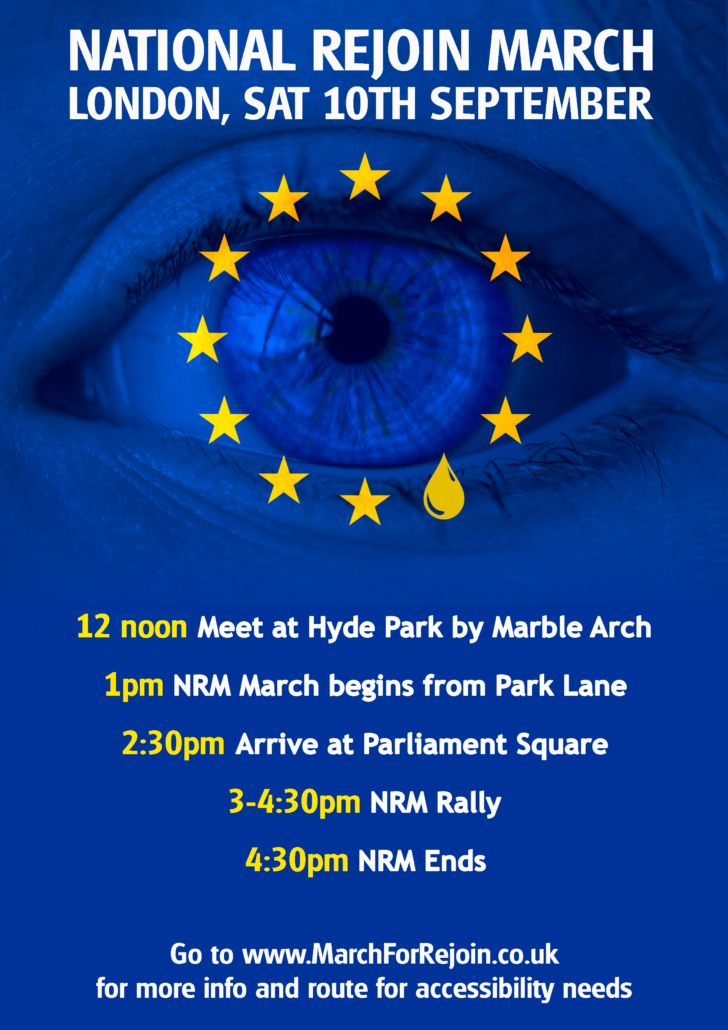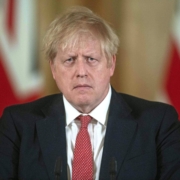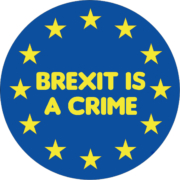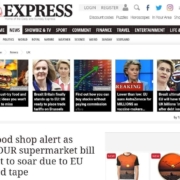On the day that Cameron announced the referendum I remember thinking very clearly “Good – the media will get to grips with the likes of Farage and rip them apart over the lies they are telling about the EU”.
Within minutes it was also very obvious that Farage and Co were going to continue lying as he tweeted the false claim about the cost of the EU i.e. the 350 million a week figure that ended up being emblazoned on the side of that infamous red bus.
Sadly, the media never got to grips with that dishonesty, partly because some publications were participating in it themselves, and certainly in the case of the BBC, partly because they abdicated themselves from their responsibility to call out the politicians who were lying, something that the BBC are still refusing to do to this day.
We all know the end result of those lies. Several months later it also came to light that the Leave Campaign had committed multiple serious breaches of both electoral and data protection laws, something which had the referendum been mandatory, would have been more than enough to cause the result of the referendum to be annulled.
Those lies and that law breaking have always been the driving force for me. Lying and law breaking have no place in democracy. None. The issue of our EU membership, whilst very very close to my heart, is secondary to protecting our democracy.
That is why I for one will never give up the fight to restore this country to its rightful place as the heart of the EU. It is the right thing to do. It is the democratic thing to do.
On a personal level I feel the loss of our rights as EU citizens tremendously as for most of the last 20 years, I have either lived or worked in Spain, or worked in an environment where I encountered people from other EU countries on a daily basis, many of whom became close friends.
I had plans to retire to Spain, I had hoped to spend a least couple of years in the next decade or so working in either Barcelona or Prague, and I was looking forward to many many more visits to my many friends in other parts of the EU, where, as I had become used to doing, I would call them on a Wednesday or Thursday, and fly over to Berlin, Ibiza, Prague or somewhere else to stay the weekend with them at short notice.
Of course, all that is now gone, taken away by dishonest leavers for reasons that still, after 5 years, have never been shown to and form of grounding in reality.
That is another reason why I will never give up the fight.
I will admit that I do get quite frustrated with the Remain/Rejoin campaign at times. Indeed, those frustrations are partly the reason why I stopped writing my blog on a regular basis few months ago.
If I could ask just one thing of any Rejoiner who reads this, it would be this – please stop chasing the Remain/Rejoin Unicorns in our version of the sunlit uplands and start being realistic.
If I was pushed and I had to choose one specific issue where this needs to happen it would be the expectation that in a few years’ time we can just walk up to a future Prime Minister and ask for another referendum. That is simply not going to happen without a considerable amount of work from us.
I say that for one simple reason. Research that I conducted earlier in the year (I am a qualified and trained academic researcher) indicates that a substantial proportion of the electorate believes that the 2016 referendum result was fair and legitimate.
Many voters are simply unaware of the extent of the lies told by the Leave campaign. Many voters are simply unaware that the leave campaign committed multiple breaches of the law. That includes many active Rejoin supporters. For example, the data I have indicates that around one third of our own supporters are not aware that the Leave Campaign broke electoral law.
In fact, after seeing the initial results of that research, I am now of the opinion that the main reason why the campaign for a further referendum failed in 2019 was because the Remain campaign failed to convince the electorate that there was a genuine need for another referendum.
If we are to Rejoin within a reasonable timescale this is an issue that we must address, and we must address it first.
We must convince the electorate as a whole that there is a need for a further referendum. We cannot do that simply by arguing that EU membership is good for the UK. We might know it is, but that argument is very easy to counter with the claim that the British people voted to leave, and therefore very easy to ignore. We need a far stronger argument.
The only argument that could secure us a further referendum in the shorter term is to convince the wider electorate that the actions of the Leave Campaign were so bad that Brexit itself lacks legitimacy and that a further referendum is the only fair and democratic way to proceed. No other argument will persuade the electorate or stand up to a serious challenge.
This is the reason why I continue to challenge the legitimacy of Brexit, and why we have recently launched our Brexit Is A Crime campaign.
That is not say that I do not accept that Brexit has happened. It has happened. In fact I accepted Brexit was inevitable on 12th December as soon as the results started to indicate Johnson had won the General Election. That is why I started this Campaign before midnight on that terrible evening.
But just because Brexit has happened does not mean that I or anyone else should accept that Brexit is legitimate. It is not.
Brexit is a crime, and I would ask anyone who reads this to challenge the legitimacy of Brexit on the grounds of the dishonesty and illegal activity of the Leave Campaign.
If we are consistent with that simple message and sustain it over a period of time, we will convince the electorate that another referendum is needed.
I appreciate that this in many ways is a downbeat message. But don’t despair -there is still hope.
I am writing this on the morning of Friday June 18th – just an hour or two after waking up to the news that Johnson and his dishonest band of English Nationalists (I refuse to call them Tories anymore – they are not) have been defeated in the Amersham and Chesham by election.
They CAN AND WILL be beaten.
We CAN AND WILL prevail










